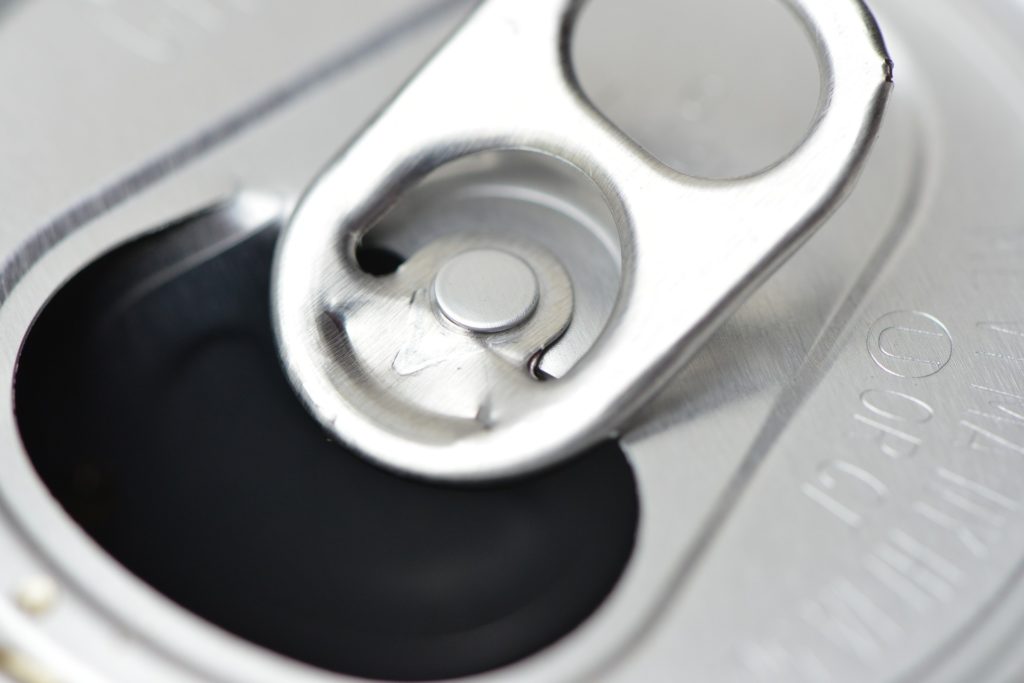False warnings about various foods or drinks being contaminated with the blood of a worker who has AIDS or HIV have been circulating for years, but there’s never been any truth to them.
Variations of these rumors have circulated all over the world, and they all follow the same general format: an HIV-positive worker added their blood to products during the manufacturing, bottling, or packing process.
This roughly translated version surfaced in Asia in 2009:
for d next few days, do not drink any product from pepsi company like pepsi, tropicana juice, slice, 7up , coca cola, etc,,as a worker from the company has added his blood contaminated with HIV. watch NDtv …please 4ward this 2 every 1 u care about…..ok. Please note seriously.”
Different versions of the false warning have been debunked all over the world. In 2011, Pepsi representatives in Asia debunked the above version. Pepsi uses a hands-free production process (eliminating the risk for contamination), the rep noted, and AIDS is impossible through food and drink products, as Asia News Network reported:
“This SMS started circulating in India in July and even there, no one believed it,” she said yesterday.
Hemalatha said Pepsi products were produced according to the strictest safety standards and were safe for consumption.
“It is scientifically proven that HIV cannot be transmitted via food or drinks anyway,” she said, adding that different versions of the same rumour had made the rounds before.
A few years later, a new version of the warning surfaced in the United Kingdom. That version, which singled out Pepsi products in particular, is the one that has been most widely circulated in English-speaking countries:
important message from metropolitan police to all citizen of united kingdom. for the next few weeks do not drink any products from pepsi , as a worker from the company has added his blood contaminated with hiv (aids). it was shown yesterday on sky news. please forward this message to the people who you care.
Even if these claims were true, as the Pepsi rep noted above it’s not possible to transmit AIDS or HIV through food or drink.
As we previously reported in our investigation into (false) claims that blood oranges had been laced with HIV-positive blood, the nonprofit Aid for AIDS describes the threat as nonexistent:
HIV is a very fragile virus outside of the body. The HIV virus needs the human body as its host. The life span of HIV outside of the body has not been determined. However, we know that HIV needs its host cell (a human), the body temperature, and the chemistry of the blood to survive. Out of the body, HIV is out of its environment. As the blood dries, the HIV will die. In areas like a syringe or on a razor in a medicine cabinet, HIV would probably live longer because of less airflow and it’s a more moist temperature controlled area.
“Just remember, outside of the body HIV can’t survive. In minutes it will die and be harmless, but Universal Precautions should always be used.
Given all that, we’re calling this one “fiction,” as it is resoundingly not true.

